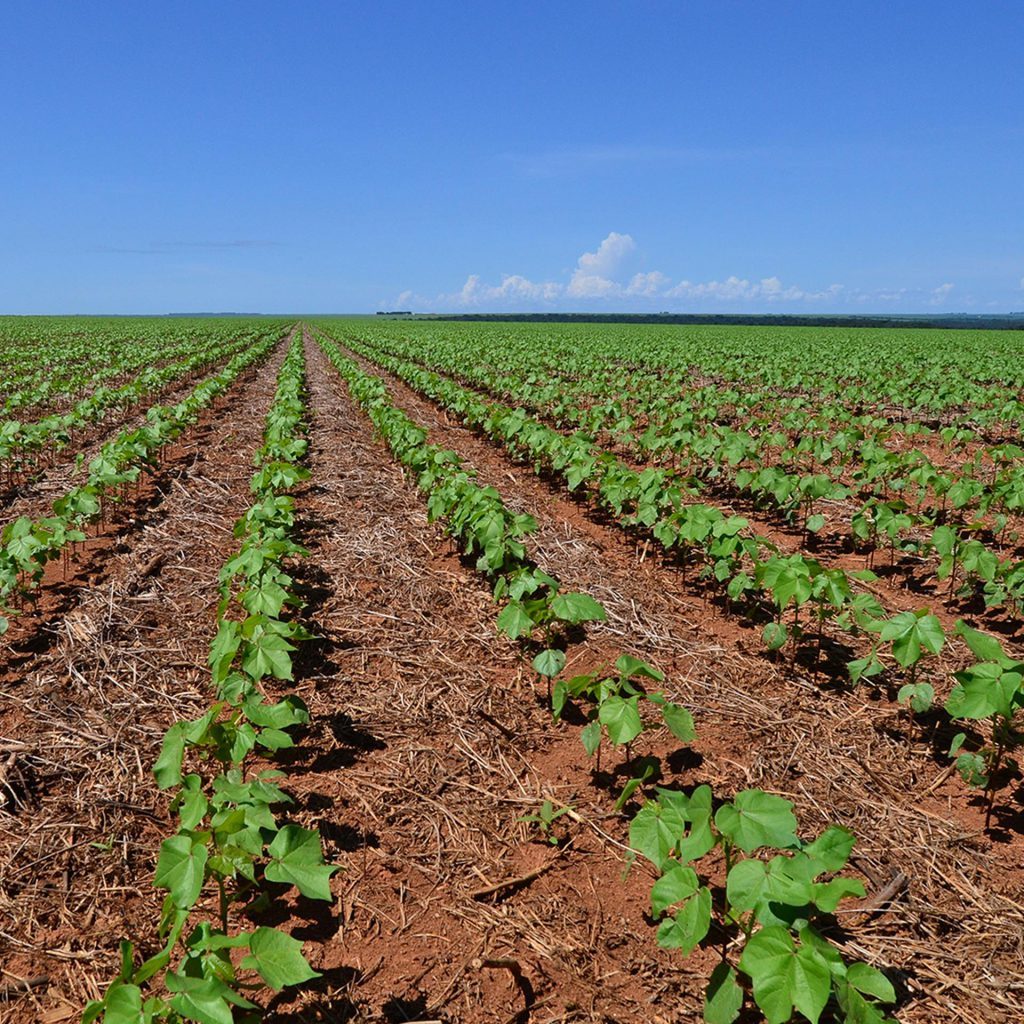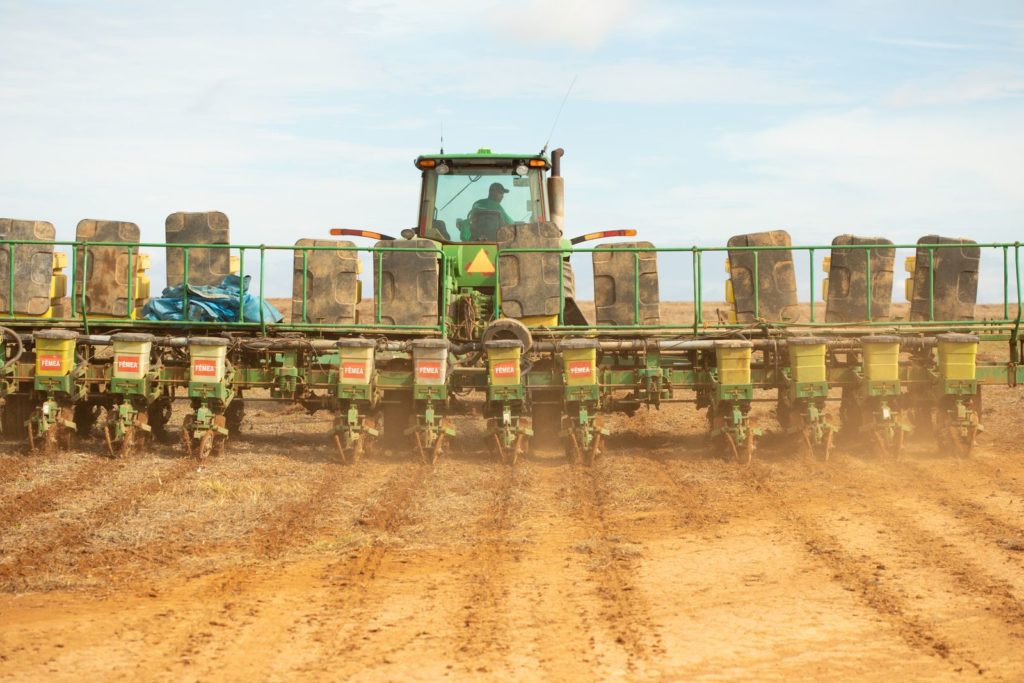Why is Brazil a Favorable Country for Growing Cotton?
Brazilian cotton |
Over the last few decades, Brazil has stood out as an important cotton producer and exporter. But long before investments in technology and innovation, our production could count on the natural characteristics that made it the perfect territory for the fiber. Below are some of the reasons why Brazil is such a positive environment for growing cotton:
-
Favorable weather
Brazil’s predominantly tropical climate is ideal for growing cotton. The plant grows best in regions a well-defined dry season. These climatic conditions are found in several areas of the country, especially the Cerrado – one of Brazil’s largest biomes – and provide an environment conducive to healthy plant growth and the production of high-quality fibers.
-
Rainfall
Around 93% of Brazilian cotton is grown on rainfed land, i.e., using only rainwater. This is possible thanks to predictable rainfall, which has provided the guidelines for the planting schedule (always in the wet season) and harvesting (always in the dry season).

-
Extent of territory for Growing Cotton
Given its extensive land area, Brazil offers a variety of environments suitable for growing cotton. Different regions of the country have managed to specialize in cotton production, allowing for strategic diversification that contributes to the stability and resilience of the Brazilian cotton industry.
-
Advanced farming technology
Brazil has invested heavily in agricultural technology, adopting modern practices and innovations that optimize cotton production. The use of genetically improved seeds, rational use of inputs, constant research, growing innovation, and commitment to sustainable practices are some of the technologies that boost the productivity and quality of Brazilian cotton.

-
Economic importance
The cotton industry plays a significant role in the Brazilian economy. Consistent, year-round, high-quality production creates jobs, drives international trade, and contributes to the country’s balance of trade. Global demand for textile products underpins Brazil’s economic relevance as a reliable cotton grower, one that fosters transparency between farmers and customers.
Brazil has emerged as a favorable territory for growing cotton due to a unique combination of natural, climate, technological, and economic factors.
In addition, the country is also number one in rainfed cotton production worldwide and emits less CO2 per kilo of fiber than the global average. Factors like this emphasize Brazil’s commitment to sustainable production, whose cases have already been presented at COP 28 in December 2023.
This positive scenario strengthens Brazil’s position as one of the main players in sustainable agribusiness and the global cotton market, highlighting the strategic importance of this crop for the responsible development of the Brazilian agricultural sector.
